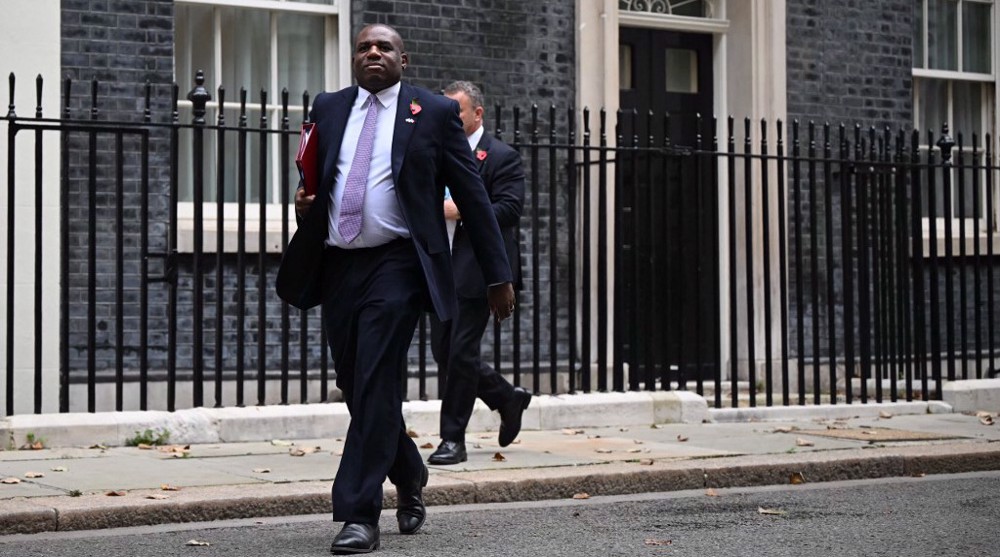UK government to present spying bill to parliament
The British government is to present the country’s parliament with a controversial bill opening Internet users up to extended surveillance in cases of alleged threats.
The draft bill is to be submitted to the House of Commons on Wednesday.
It gives intelligence agencies new powers to request Internet communications data and empowers judges to authorize access to the content of digital records. Currently, warrants for such data requests can only be issued by Home Secretary Theresa May.
The Investigatory Powers Bill also requires that Internet companies retain customer usage data for up to a year, making the information subject to ad hoc acquisition.
“This would be one of the most important pieces of legislation during this parliament because it goes absolutely to the heart of the government's duty to keep the British public safe," Britain’s Prime Minister David Cameron told the other ministers on Tuesday.
May has asserted that the proposals were "quite different" from earlier plans to expand police powers to monitor communications and Internet activities, which critics have called a "snoopers' charter."
Civil liberties groups have raised concerns that the authority granted by such potential legislation could be used unnecessarily, leading to the kind of blanket surveillance revealed by US whistleblower Edward Snowden.
The 32-year-old began leaking classified intelligence documents after leaving his job at a US National Security Agency (NSA) facility. He prompted a worldwide debate in June 2013 when his leaks disclosed the existence of widespread surveillance programs by US and UK intelligence agencies.
Secret documents leaked by the computer analyst revealed that Britain’s electronic surveillance agency, Government Communications Headquarters (GCHQ), and the NSA had monitored more than 1,000 targets in at least 60 countries between 2008 and 2011 by secretly accessing cable networks carrying the world’s phone calls and internet traffic.
VIDEO | Sydney protests demand action as Israel faces ICC warrant for war crimes
Iran to host ‘important’ ECO foreign ministers' meeting in Mashhad
Wounded in Israeli strike, health of Kamal Adwan Hospital's director worsens
VIDEO | Press TV's News Headlines
Iran reports 11% drop in domestic red meat supply
Arab League affirms support for Iraq amid Israel's threats of military action
VIDEO | Fierce fight in Southern Lebanon
Over 1000 medics killed in Gaza as Israel systematically targets hospitals










 This makes it easy to access the Press TV website
This makes it easy to access the Press TV website